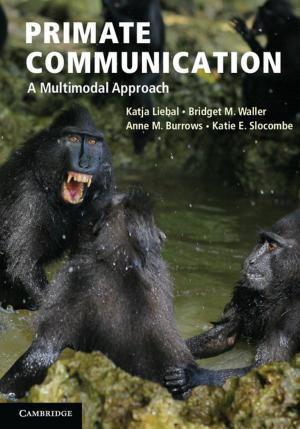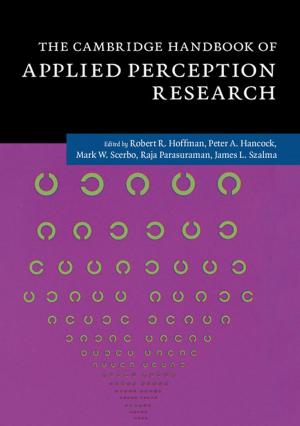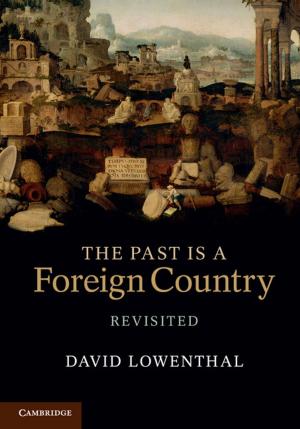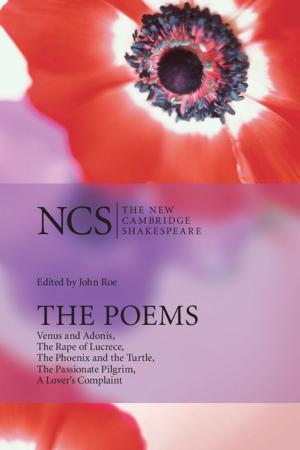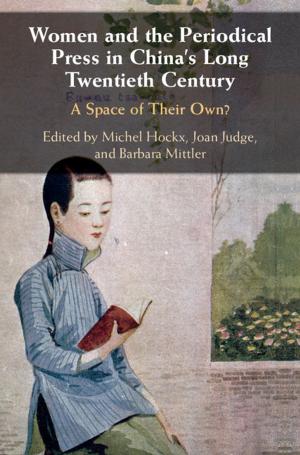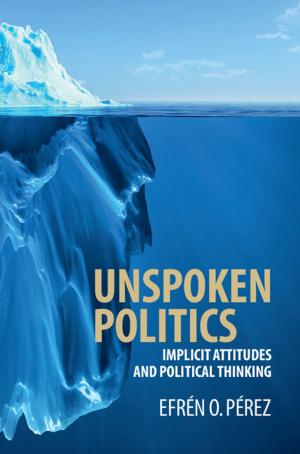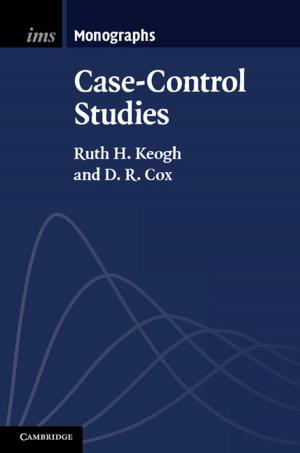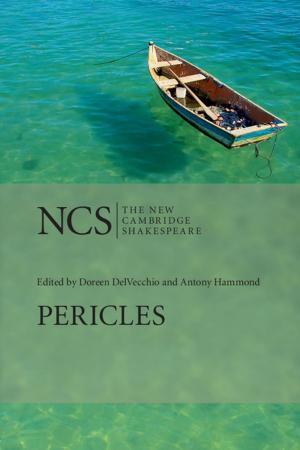The Foreign Office Mind
The Making of British Foreign Policy, 1865–1914
Nonfiction, History, British, Social & Cultural Studies, Political Science| Author: | T. G. Otte | ISBN: | 9781139152907 |
| Publisher: | Cambridge University Press | Publication: | September 29, 2011 |
| Imprint: | Cambridge University Press | Language: | English |
| Author: | T. G. Otte |
| ISBN: | 9781139152907 |
| Publisher: | Cambridge University Press |
| Publication: | September 29, 2011 |
| Imprint: | Cambridge University Press |
| Language: | English |
With this pioneering approach to the study of international history, T. G. Otte reconstructs the underlying principles, élite perceptions and 'unspoken assumptions' that shaped British foreign policy between the death of Palmerston and the outbreak of the First World War. Grounded in a wide range of public and private archival sources, and drawing on sociological insights, The Foreign Office Mind presents a comprehensive analysis of the foreign service as a 'knowledge-based organization', rooted in the social and educational background of the diplomatic élite and the broader political, social and cultural fabric of Victorian and Edwardian Britain. The book charts how the collective mindset of successive generations of professional diplomats evolved, and reacted to and shaped changes in international relations during the second half of the nineteenth century, including the balance of power and arms races, the origins of appeasement and the causes of the First World War.
With this pioneering approach to the study of international history, T. G. Otte reconstructs the underlying principles, élite perceptions and 'unspoken assumptions' that shaped British foreign policy between the death of Palmerston and the outbreak of the First World War. Grounded in a wide range of public and private archival sources, and drawing on sociological insights, The Foreign Office Mind presents a comprehensive analysis of the foreign service as a 'knowledge-based organization', rooted in the social and educational background of the diplomatic élite and the broader political, social and cultural fabric of Victorian and Edwardian Britain. The book charts how the collective mindset of successive generations of professional diplomats evolved, and reacted to and shaped changes in international relations during the second half of the nineteenth century, including the balance of power and arms races, the origins of appeasement and the causes of the First World War.

